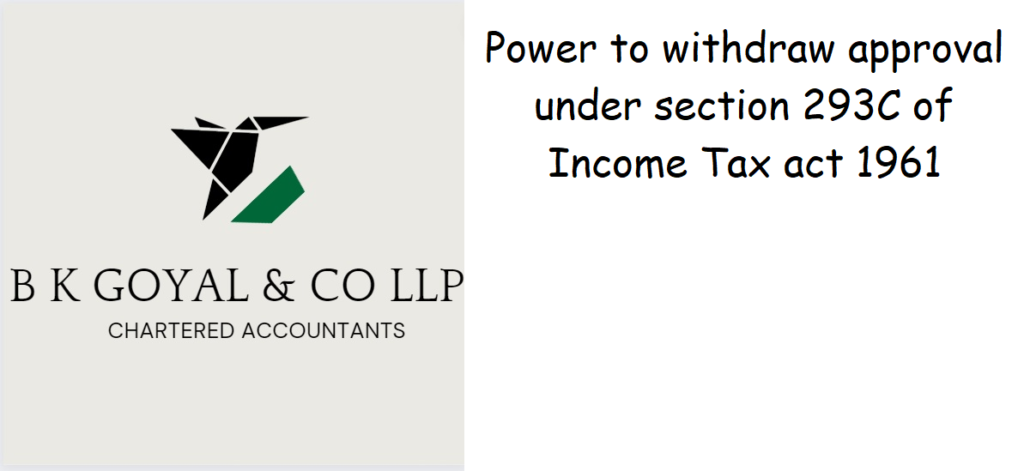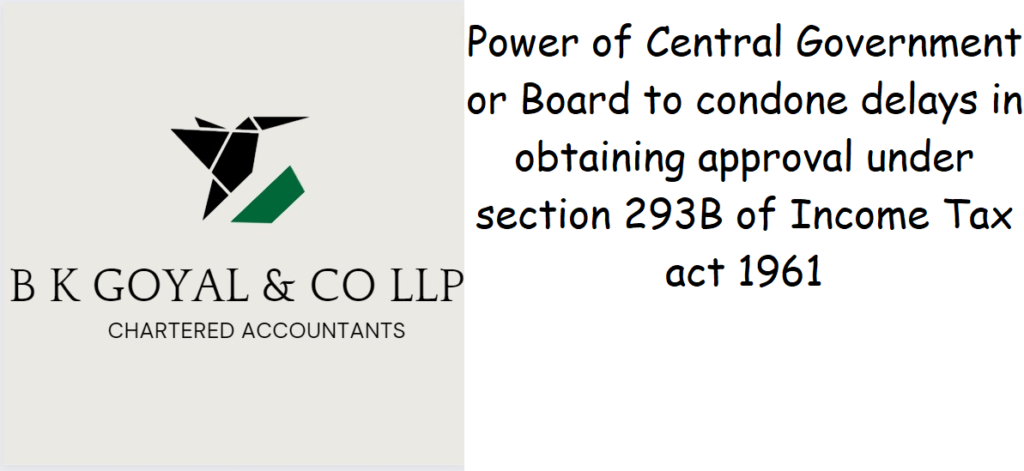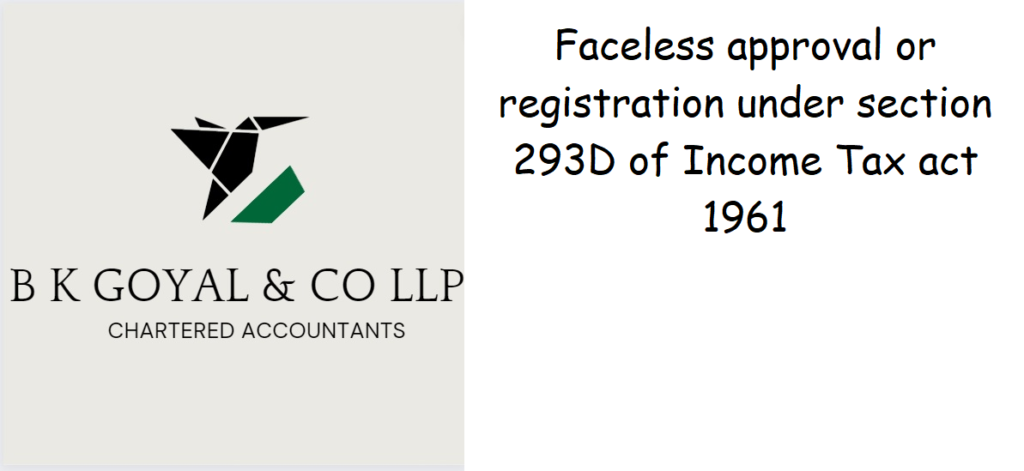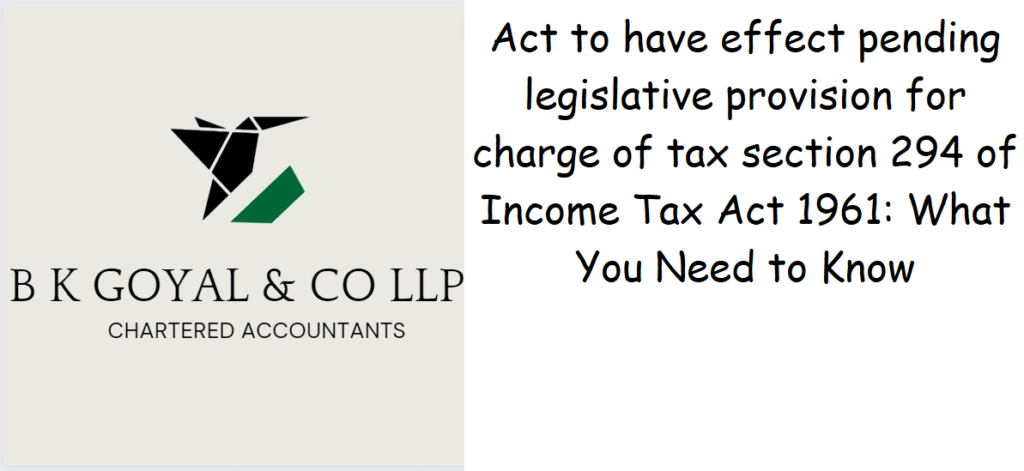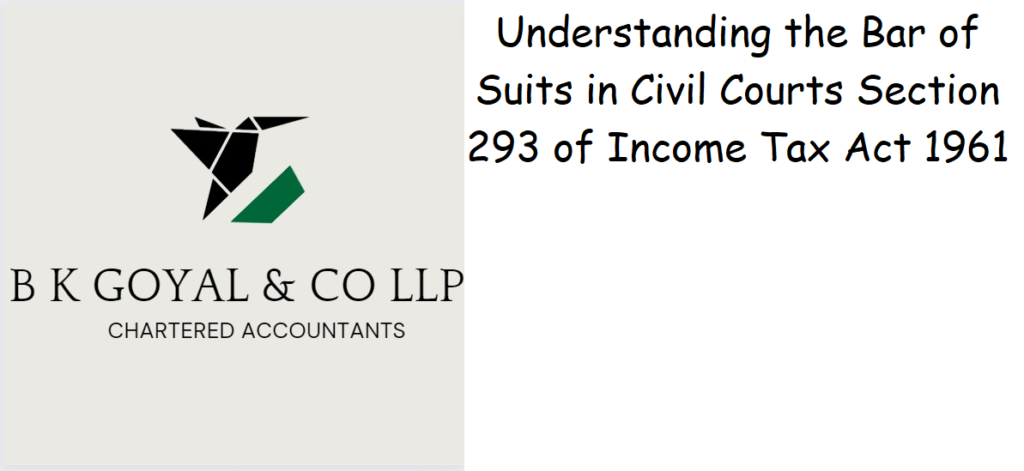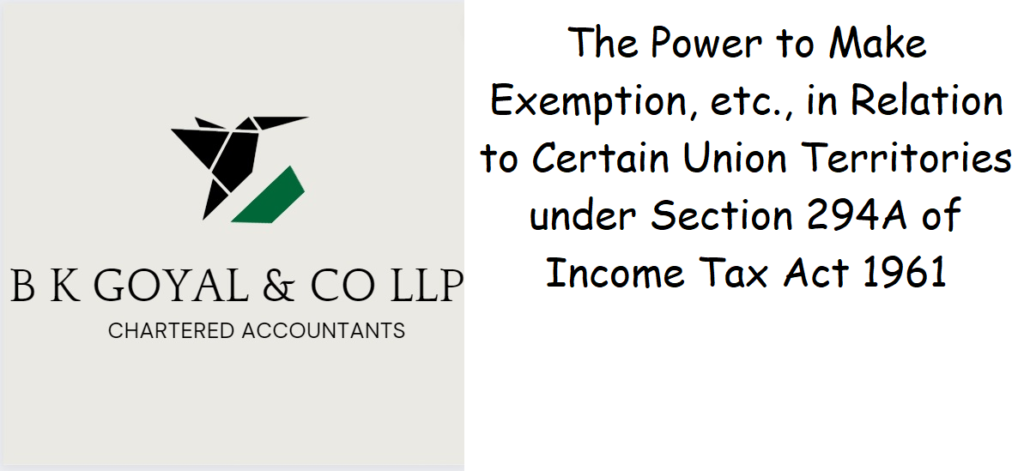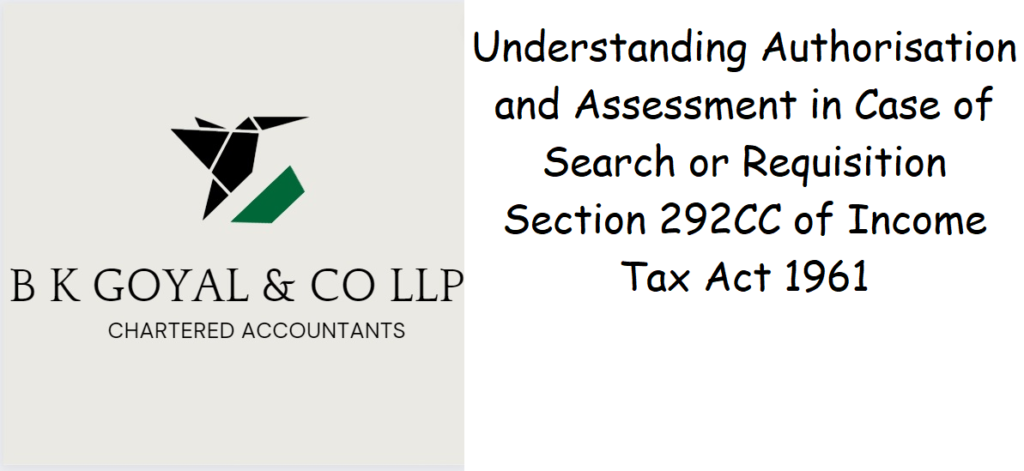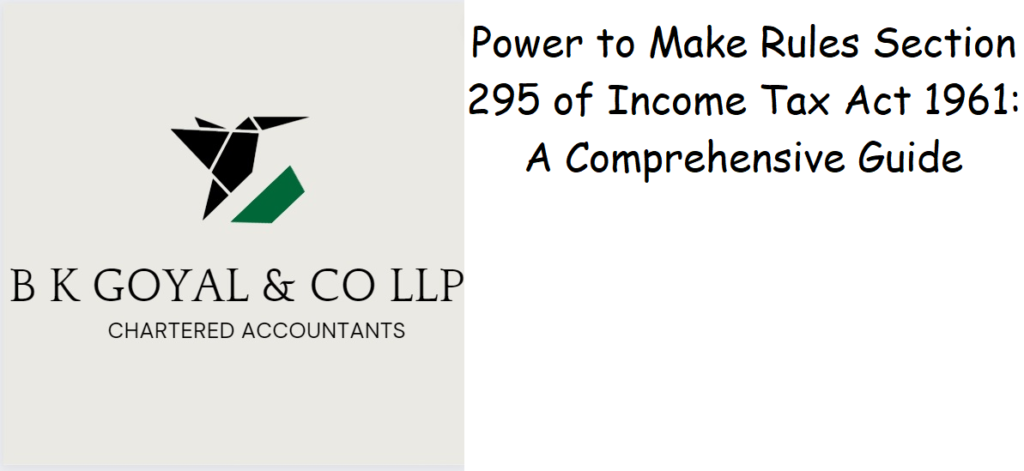Step-by-Step Guide to Ice Gate Registration: Everything You Need to Know
If you are an importer or exporter in India, you might have heard about Ice Gate registration. Ice Gate stands for the Indian Customs Electronic Commerce/Electronic Data Interchange Gateway, and it is a portal that provides various online services related to customs clearance. In simple terms, Ice Gate is an e-commerce platform that enables the exchange of electronic documents between customs officials and the trading community. Hi, my name is CA Bhuvnesh Kumar Goyal and I am a practicing CA in India. I have been working in this field since 2009 As an importer or exporter, registering on Ice Gate can help you access various services like e-payment of customs duty, tracking of consignments, online application for licenses, and more. However, if you are new to the platform, the registration process can seem a bit daunting. Don’t worry; we have got you covered! In this blog post, we will provide you with a step-by-step guide to Ice Gate registration, so you can get started with ease. Step-by-Step Guide to Ice Gate Registration Step 1: Visit the Ice Gate Website The first step to registering on Ice Gate is to visit the official website. The website is https://www.icegate.gov.in/. Once you are on the website, click on the “Registration” button on the top right corner of the homepage. Step 2: Choose the Registration Type On the registration page, you will be asked to choose the type of registration you want to apply for. There are three types of registration available on Ice Gate: Individual Company Government Department Choose the type of registration that is applicable to you and click on the “Continue” button. Step 3: Fill in the Registration Form After you have chosen the registration type, you will be redirected to the registration form page. The registration form will ask you for various details, including: Personal Information Name Email Address Mobile Number Date of Birth Gender PAN Number Address Information Address Line 1 Address Line 2 City State PIN Code Company Information (If applicable) Company Name Company Address Company Type PAN Number Fill in all the details accurately and click on the “Submit” button. Step 4: Verification Process Once you have submitted the registration form, your application will be sent for verification. The verification process can take up to 3-4 days. You will receive an email confirmation once your application has been approved. Step 5: Login to Ice Gate After your application has been approved, you can log in to Ice Gate using your registered email address and password. Once you are logged in, you can access all the services available on the platform. FAQs Q: Is Ice Gate registration mandatory for importers and exporters in India? A: Yes, Ice Gate registration is mandatory for all importers and exporters in India who want to avail online services related to customs clearance. Q: Can I register for Ice Gate as an individual? A: Yes, individuals can register for Ice Gate. There are separate registration forms available for individuals, companies, and government departments. Q: How long does the verification process take? A: The verification process can take up to 3-4 days. Q: What if I face any issues during the registration process? A: If you face any issues during the registration process, you can contact the IceGate helpdesk. The helpdesk can be reached through phone or email, and they will assist you in resolving your queries. Q: Are there any fees for Ice Gate registration? A: No, there are no fees for Ice Gate registration. It is a free service provided by the Indian Customs. Q: What are the benefits of Ice Gate registration? A: Ice Gate registration provides various benefits, including e-payment of customs duty, online tracking of consignments, online application for licenses, and more. It also reduces the need for physical documentation, saving time and effort. Conclusion Ice Gate registration is a simple process that can be completed in a few easy steps. By registering on Ice Gate, you can access various online services related to customs clearance, making your import and export process more efficient. We hope this step-by-step guide to Ice Gate registration has helped you understand the process better. If you have any further queries, feel free to contact us. Email: [email protected] Contact Number: 9971782649
Step-by-Step Guide to Ice Gate Registration: Everything You Need to Know Read More »
